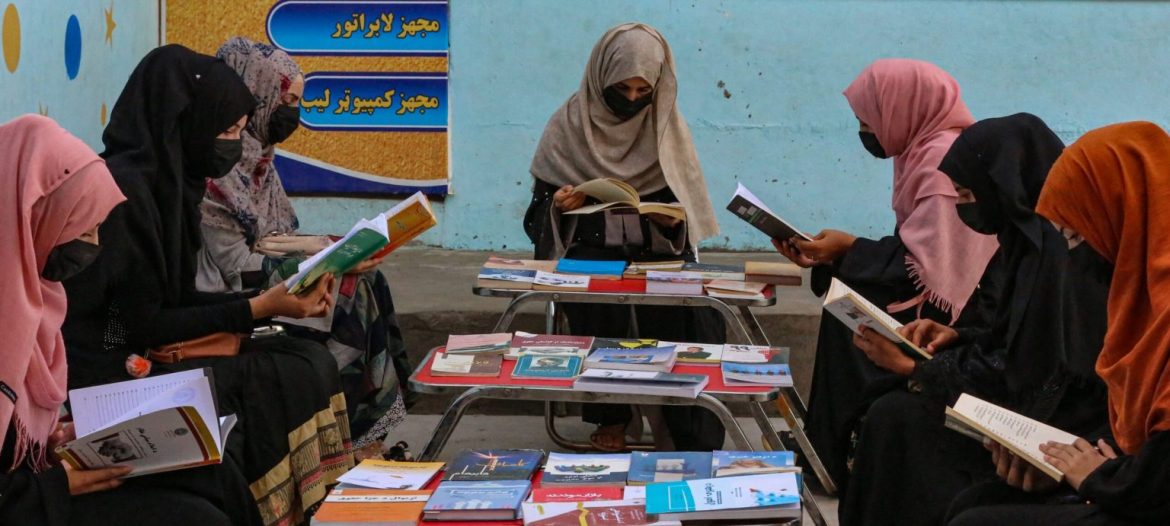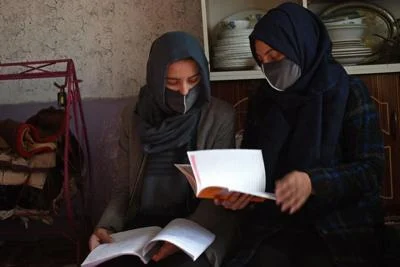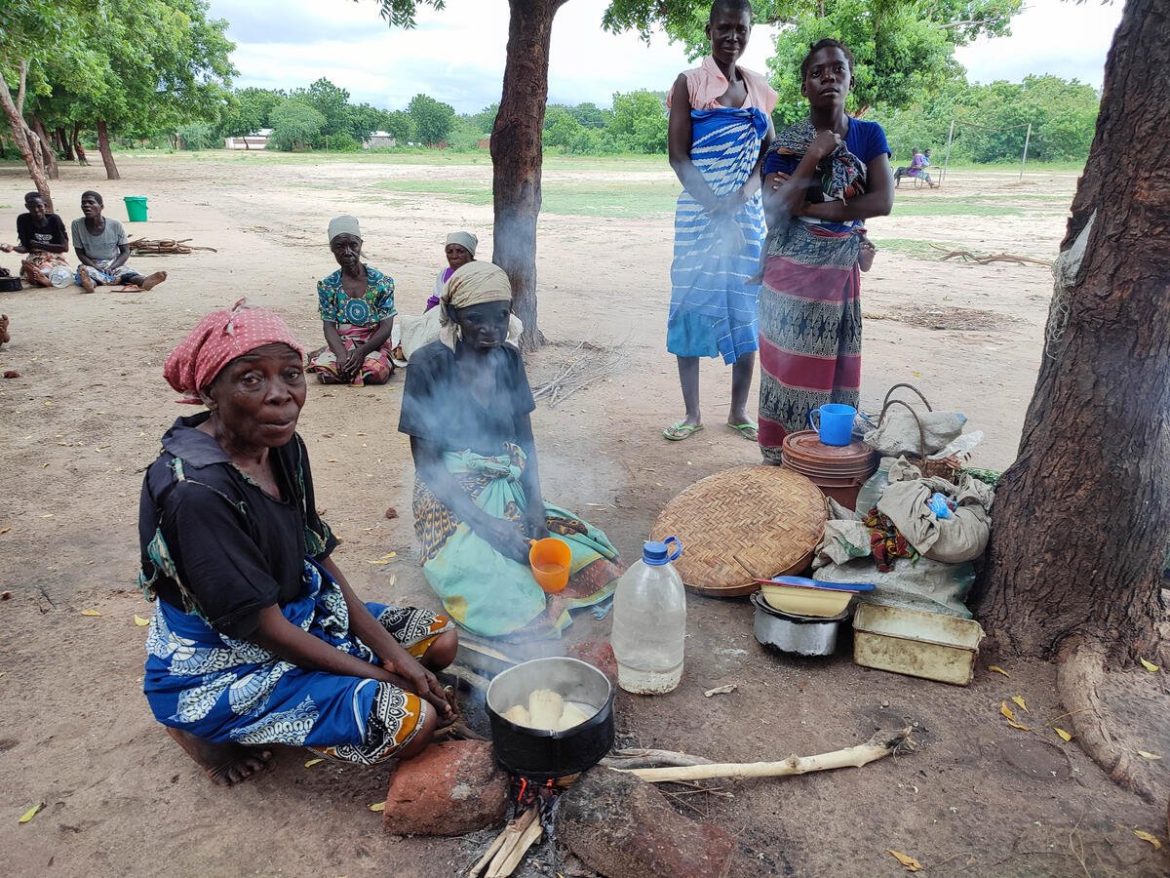More than half of women in Germany say they feel unsafe in public places — especially in nightclubs, train stations and other transit hubs. The results of a recent national survey underscore the urgency of concrete safety measures, as activists and public figures call on the government to act.
Survey Results Reveal Deep Disquiet
A poll conducted by the opinion-research institute Civey on behalf of the media group Funke Mediengruppe asked 5,000 adults aged 18 and older how safe they felt in different public locations between October 23 and 27, 2025.
Among the female respondents, 55 % said they did not feel safe in any of the surveyed public settings — such as streets, public transport or parks.
The least safe environments were nightclubs and train stations: only 14 % of women said they felt safe in those places.
When all respondents (including men) were asked the same question, 49 % said they did not feel safe in any of the listed places.
This data points to a striking undercurrent of insecurity — even in a country often regarded as comparatively safe.
Response From Women’s Groups and Political Figures
In parallel with the survey results, around 60 women from the fields of arts, science, politics and civil society addressed an open letter to German Chancellor Friedrich Merz, urging serious action on women’s safety.
Signatories included prominent figures such as Ricarda Lang, Luisa Neubauer and Mithu Sanyal. The letter emphasises that the discussion around women’s safety must not serve as a pretext for racist narratives.
Their demands include: improved prosecution of sexual and domestic violence, formally recognising femicide as a distinct crime, greater funding for shelters and safe houses, better lighting and surveillance of public spaces, updated protections against digital and racial violence, and measures to bolster women’s financial independence and combat poverty in older women.
The Political and Social Context
The debate is unfolding amid heightened public scrutiny of migration, urban safety and political rhetoric. Chancellor Merz has come under fire for remarks linking public-space safety to migration patterns — notably his comment on “cityscape” problems and his invitation to “ask your daughters” what he might mean. Critics argue such language risks fuelling xenophobic and polarising narratives.
At the same time, the survey’s findings lend urgency to the argument that women’s sense of safety is eroding even in broadly affluent societies. The letter by prominent women makes clear that they want tangible improvements, not mere sound-bites.
What’s Next?
The combination of survey data and civic mobilisation points toward several likely developments:
- Policymakers may come under increased pressure to legislate or fund measures on urban safety, gender-based violence and infrastructure (e.g., lighting, surveillance, safe transport).
- Public debate will likely remain focused on how migration, public order and women’s safety intersect — and how to avoid framing one in service of the other.
- Monitoring of the issue will continue: further surveys could explore regional differences, time-of-day effects, or specific urban environments (train stations, nightlife districts, etc.).












